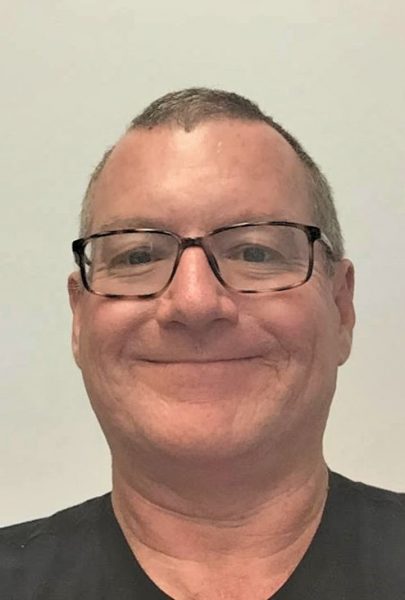False Alarms
by David Geelan | 30 July 2024 |
It’s a rude awakening: an uncomfortably loud whooping alarm, and a looping announcement: “Emergency, evacuate now.” I check the bedside clock and it’s 3:14 am. Suzie and I fumble to dress and stumble to the elevator, and head down to the lobby of our building. In a real fire, the elevator would be the wrong choice, but we live in an apartment 35 floors above the ground, and a couple of trips down all those stairs, with the associated sore legs the next day, in response to false alarms mean we tend to press the button rather than hit the fire stairs.
As has happened every time this has happened in the couple of years we’ve lived in this building, it’s a false alarm. Most times it’s someone cooking badly who sets off a smoke alarm that alerts the whole building (and you’d be surprised at the times of day and night when people take it into their head to cook). Apparently this time it was a faulty smoke alarm with the same effect.
As we meandered sleepily back toward bed and sleep, I was thinking about the dangers of false alarms. Not only the fact that the many false alarms have meant we take the elevator, which would be dangerous in the case of the real thing, but that it’s very tempting indeed just to stay in bed when the alarm goes off next time.
I’m sure you’re already way ahead of me on where I’m going with this topic: eschatological false alarms and date-setting. We see dates set for the second coming, or for various kinds of doom scenarios and “ends of the world” very regularly. The COVID-19 pandemic led to a few of these fairly recently, but if you’re old enough you likely remember the 2012 discussions around the end of the Mayan calendar.
If you’re a bit older you’ll remember the predictions of the end of the world due to the Y2K bug in computer systems—which actually wasn’t a false alarm, because billions of dollars and tens of thousands of coders fixed the issue before it could take effect.
I’m really quite old at this point, so I clearly remember a preacher in the big tent at a camp meeting in the late 1970s stating that the world could not possibly continue past 1985.
And, of course, Seventh-day Adventism got its starting impetus from a false alarm, back in October 1844.
With each false alarm—each prediction of a date that then passes uneventfully—faith in Christian belief generally and the Second Coming specifically is eroded. Most preachers know that Jesus himself said, “No one knows the day or the hour,” but they do seem to be able to find eisegetical workarounds that allow dire—or hopeful—predictions to be made anyway.
I wonder whether, even without specifying a date, “soon” can count as a false alarm? What does “soon” mean to most people? Within a year, a decade, a century? Certainly for most of us the promise of a promotion at work “soon” that stretched more than a few years would be a significant source of angst.
Having faith that a second coming will occur, but leaving predictions of when and how that might occur on the side of our plate is part of the solution, I think. The other part is choosing to live in and create the kingdom of heaven right here right now on Earth. Reading through the gospels to get a sense of how Jesus uses the term “kingdom of heaven,” it’s much more about how we treat one another, and especially the poorest and most vulnerable among us, than about streets of gold and gemstone gates.
Hoping for the glorious appearing but working to create a more glorious contemporary reality seems like a plausible antidote to the harms of false alarms.
 Dr. David Geelan is Sue’s husband and Cassie and Alexandra’s dad. He started out at Avondale College, and is currently Professor and National Head of the School of Education, within the faculty of Education, Philosophy and Theology at the University of Notre Dame in Sydney, Australia.
Dr. David Geelan is Sue’s husband and Cassie and Alexandra’s dad. He started out at Avondale College, and is currently Professor and National Head of the School of Education, within the faculty of Education, Philosophy and Theology at the University of Notre Dame in Sydney, Australia.




